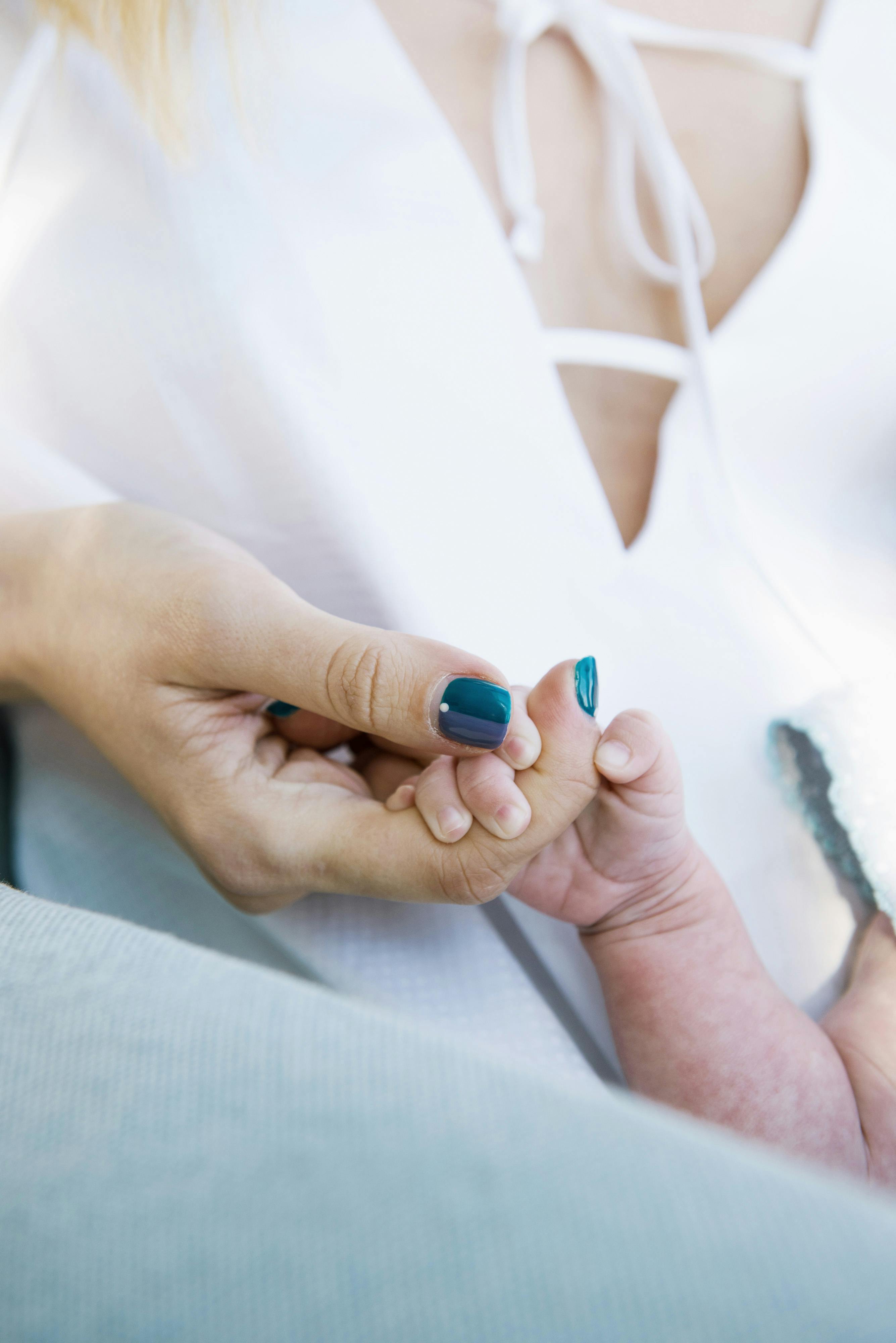Ultimate Guide for New Dads: Understanding and Navigating Postnatal Care for Mothers

Becoming a father can be a joyful, but somewhat daunted experience for men. Built around the nucleus of love and affection, the birth of a new child opens an incredible chapter in life that brings enormous responsibility and numerous learning curves. This ultimate guide for new dads is aimed at educating and enlightening you on postnatal care for mothers. By reading this, you will gain essential knowledge to navigate this delicate stage of life effectively and support your partner in the best possible way.
Coping with the Emotional Rollercoaster
One of the central aspects new dads should be aware of is the emotional rollercoaster their partners may ride post-childbirth. The postpartum period often ushers in a wave of emotions for mothers ranging from excessive elation to profound sadness, commonly titled the 'baby blues'. This is largely attributed to the sudden hormonal changes and can affect the mother's mood, sleep habits, and overall behavior. As a new father, it is imperative to understand this emotional fluctuation and be there for your partner providing continual reassurance, validation and understanding - emotionally, physically, and psychologically.
Understanding Postnatal Physical Changes
Along with an emotional shift, women also undergo significant physical changes postpartum. The body takes time to return to its pre-pregnancy state following childbirth, and some changes may be permanent. Mothers may experience hair loss, changes in breast size, and weight fluctuations, which can affect their self-esteem and body image. It's crucial to reinforce positivity, complementing her on her strength and beauty at this time. Be attentive to her physical discomforts; help with chores to prevent strain, offer massages, and ensure she is eating healthily and staying hydrated.
Supporting with Breastfeeding
Breastfeeding is a unique and intimate process that connects mother and baby. However, it may initially appear challenging and cause discomfort for your partner. If your baby is having difficulty latching on, or your partner is dealing with sore nipples, understanding and empathy go a long way. Create a comfortable environment for feeding, offer to bring pillows for support, cognizant of maintaining good hygiene when handling baby and equip yourselves with the right information about breastfeeding and its challenges.
Creating Space for Mother-Baby Bonding
The initial days after childbirth are crucial for maternal-infant bonding, a time when mother and baby establish a profound connection. As a father, you can contribute significantly by ensuring disturbed-free periods for your partner to relax and bond with the newborn. This can mean tackling household tasks, caring for other children, or simply making sure the mother gets enough rest time to rejuvenate. You can also participate in the bonding process by taking turns in feeding where possible, changing nappies, and cradling the baby.
Encouraging Open Communication
With a new baby in the house, your relationship dynamics with your partner might change and bring new stressors. Encouraging open communication is vital. Regularly check-in with your partner about how she is feeling, both physically and emotionally. Be proactive in discussing issues, expressing personal feelings, and addressing concerns. As a father, you're not only a co-parent but also a confidant and a pillar of support for your partner during this life-changing phase.
Conclusion
Being a new dad is exciting but can also be overwhelming. The postnatal period brings a whirlpool of changes that demand understanding, empathy, and the ability to adapt swiftly. This guide aims to prepare you for this journey, helping you to remain a source of steadfast support for your partner in her postnatal period. Remember that you are not alone and that seeking advice and airing your uncertainties is always a good idea. By being patient, sensitive, and present, you will navigate this special time successfully, strengthening your relationship with your partner and your new baby.





